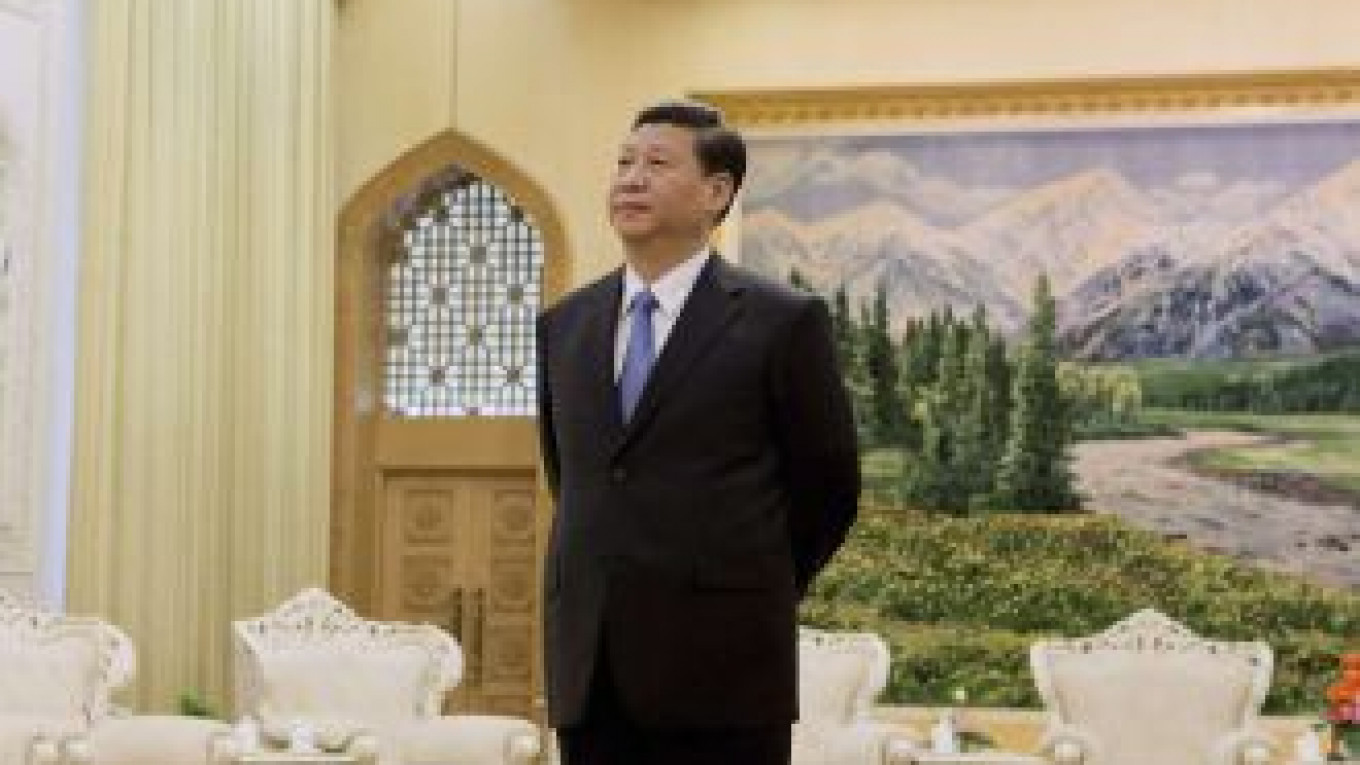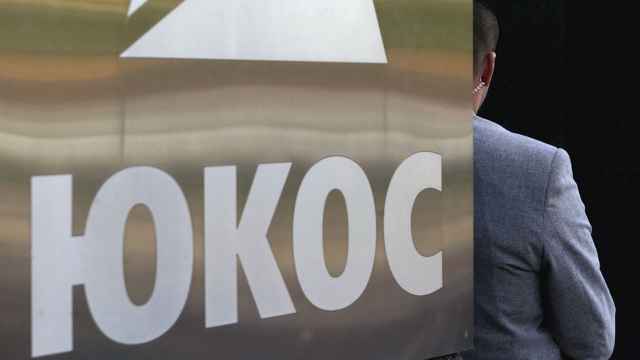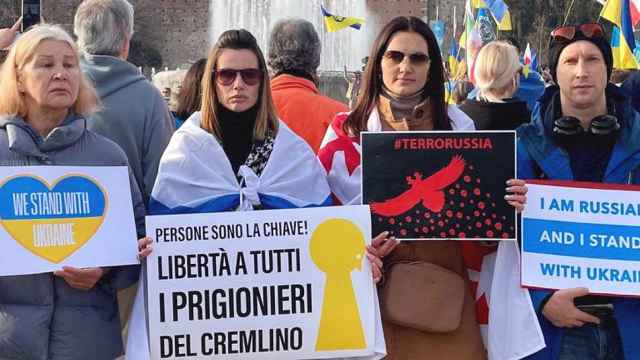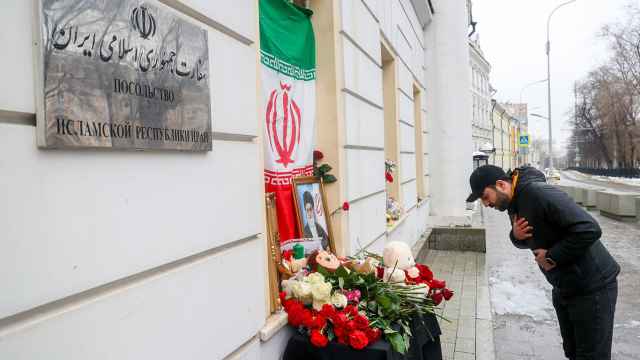Newly minted Chinese President Xi Jinping is expected to push for increased oil and gas supplies from Russia and reaffirm warm bilateral ties on a three-day visit to Moscow beginning on Friday.
The trip, Xi's first international stop as president, will include meetings with President Vladimir Putin and Prime Minister Dmitry Medvedev and could see as many as 30 agreements signed, mostly in the energy sector.
Analysts said the trip affirmed strong economic and geopolitical ties between the former Soviet-era foes, whose relations have improved even as China, Russia's largest trading partner, continues to pull ahead economically.
"It symbolizes continuity in their relations, and the development of a high level of political, military and trade relations," Andrei Ostrovsky, deputy director of the Institute of Far Eastern Studies, said by telephone on Thursday.
On the eve of his arrival, Xi described Chinese-Russian relations as a "priority" and hailed growing cooperation on large-scale economic projects, according to an interview published in Rossiiskaya Gazeta on Thursday.
Bilateral trade rose by 11.2 percent last year to hit a record high of $88.2 billion, and the two sides are aiming to reach $100 billion by 2015, Xi said.
Russia is eager to boost oil and gas sales to its fast-growing neighbor and reduce its dependence on European clients.
Officials on both sides were vague about exactly what they plan to get done during Xi's visit, and analysts warned against expecting major breakthroughs.
Chinese Deputy Foreign Minister Cheng Guoping said the two sides would "strike deals on boosting oil trade and building a natural gas pipeline," Chinese news agency Xinhua reported Wednesday. He did not elaborate.
Russia and China are considering a project that would see China finance the construction of a branch of a major new pipeline in the Russian Far East, Gazprom chairman Viktor Zubkov said, Interfax reported Tuesday.
Last year, Gazprom committed to constructing the pipeline, which would move gas from Russia's hinterland to areas close to the Chinese border.
The two countries are also considering building an oil refinery in the Chinese port city of Tianjin, a plan that would require additional supplies of Russian oil, Deputy Prime Minister Arkady Dvorkovich said, RIA-Novosti reported.
About 8 percent of China's crude oil imports come from Russia through the Skovorodino-Mohe pipeline, Russia's only oil pipeline to China, to the city of Daqing in the country's northeast interior.
Russia began delivering oil to China via the pipeline in 2011, with an annual volume of 15 million tons, and an additional 4 million tons of Russian oil made its way to China last year via the seaport of Kozmino, Dvorkovich said.
Between 20 and 30 documents in all are expected to be signed, said Russia's ambassador to Beijing, Sergei Razov, RIA-Novosti reported on Tuesday.
It seemed unlikely that the visit would resolve an impasse over an ambitious deal that would see Russia deliver 68 billion cubic meters of gas to China annually for 30 years, an amount equal to about half of what Gazprom exported outside the former Soviet Union last year. China has rejected the offering price as too high, and the two governments now set a new deadline for the end of the year to reach an agreement.
While energy is expected to dominate the agenda, analysts said Xi would also reaffirm a shared geopolitical interest in curbing U.S. influence, especially in China's backyard, where Beijing has viewed the Obama administration's pivot toward Asia with suspicion.
"Politically, the meeting carries more significance for China than for Russia. China wants to ensure that it's largest neighbor remains a reliable rear guard and ally," especially in its own, often unfriendly region, said Fyodor Lukyanov, editor of the journal Russia in Global Affairs, by telephone.
China and Russia have struck similar tones on a number of global issues, arguing against intervention in war-torn Syria and urging restraint on international efforts to address nuclear programs in North Korea and Iran.
But Lukyanov said it was wrong to liken them to an anti-Western axis. "They don't oppose the West, but rather seek to ensure their right to act independently and are wary of Western encroachment."
The bilateral relationship has been sunny since a border agreement in 2004 resolved the last significant sticking point between Moscow and Beijing.
"Politically, Russia and China don't have any problems right now. Absolutely none," Lukyanov said. "There isn't any political intrigue."
In a potential boost to bilateral ties, Xi told the Russian state newspaper that classic Russian literature, including the works of Pushkin, Lermontov and Tolstoy, "deeply influenced" him in his youth.
It's difficult to predict how the relationship will look in five to 10 years, but "if China continues to develop quickly and Russia slowly, the power gap could become so wide that parity will be difficult to maintain," Lukyanov said.
As part of his visit, Xi will also attend the opening ceremony for the Chinese Tourism Year in Russia, deliver a speech at the prestigious Moscow State Institute of International Relations, and attend the launch ceremony of a memorial to the sixth national congress of the Communist Party of China, which was held in Moscow in 1928.
Contact the authors at [email protected] and [email protected]
Related articles:
A Message from The Moscow Times:
Dear readers,
We are facing unprecedented challenges. Russia's Prosecutor General's Office has designated The Moscow Times as an "undesirable" organization, criminalizing our work and putting our staff at risk of prosecution. This follows our earlier unjust labeling as a "foreign agent."
These actions are direct attempts to silence independent journalism in Russia. The authorities claim our work "discredits the decisions of the Russian leadership." We see things differently: we strive to provide accurate, unbiased reporting on Russia.
We, the journalists of The Moscow Times, refuse to be silenced. But to continue our work, we need your help.
Your support, no matter how small, makes a world of difference. If you can, please support us monthly starting from just $2. It's quick to set up, and every contribution makes a significant impact.
By supporting The Moscow Times, you're defending open, independent journalism in the face of repression. Thank you for standing with us.
Remind me later.






